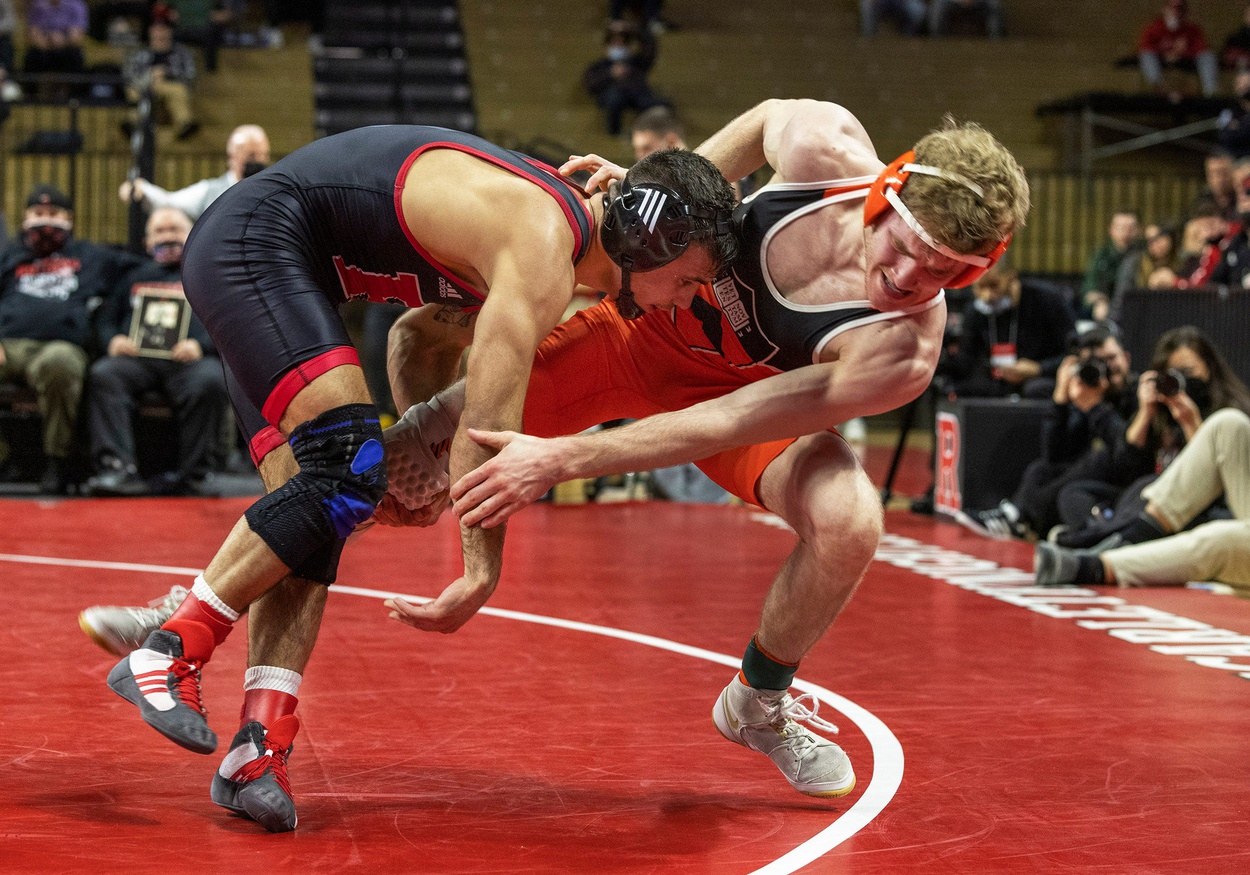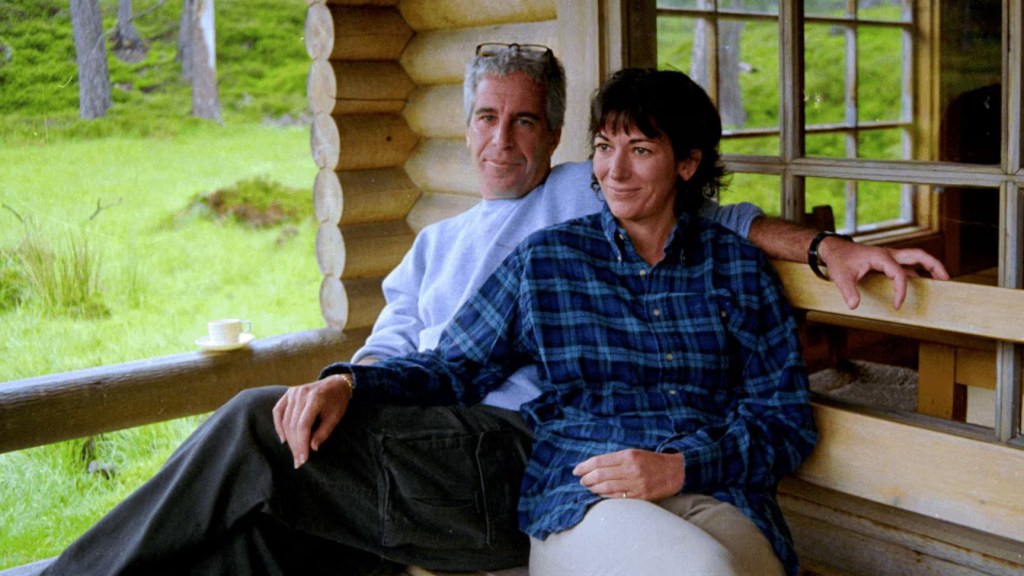Seven separate groups of athletes have appealed federal judge Claudia Wilken’s decision to grant final approval to the landmark House v. NCAA settlement.
The appeals, which hit the court docket between June 11 and July 7, will challenge multiple aspects of the settlement, including damages awarded to athletes and the injunctive relief portion (or forward-looking terms of the settlement), which include the opportunity for revenue-sharing. But the appeals likely won’t include requests for a stay to halt the settlement’s injunctive relief at this time, according to multiple lawyers who spoke with Front Office Sports. So aspects of the agreement, including revenue sharing, can continue uninterrupted while the appeals are being decided.
The House v. NCAA settlement offers $2.8 billion in back-damages to players who couldn’t earn NIL (name, image, and likeness) dollars between 2016 and 2021. It also allows all Division I schools to share revenue with players (up to a cap of $20.5 million this year), and to offer full scholarships to all athletes, while imposing new restrictions on rosters and NIL collective payments.
The settlement’s approval on June 6 triggered an appeals process: Athletes had 30 days from the date of approval to file a notice of appeal to the Ninth Circuit—and only athletes who filed objections to settlement previously are allowed to follow up with appeals. As part of that process, athletes’ lawyers can request that the court issue a “stay,” or a forced pause, in the implementation of the settlement terms while the appeals are being adjudicated. The deadline to give the court a notice of appeal has now passed—though lawyers have more time to file their full complaints laying out all their legal arguments.
The law firm Hutchinson Black and Cook filed the first appeal on June 11, five days after the settlement was approved. The firm represents eight female track, soccer, and volleyball players from three schools. The appeal argues that the calculations for damages violates Title IX because it offers the lion’s share of damages to male athletes, while “depriving female athletes of $1.1 billion.”
That appeal triggered an automatic stay to the damage payment portion of the settlement. This means no current or former players will receive payment of back damages until the appeal is resolved. But it neither challenges nor halts the forward-looking terms of the settlement.
Four more female athletes filed another appeal five days later, also arguing that the settlement, including the damage allocation, violates Title IX. “The Settlement purports to resolve antitrust claims while simultaneously extinguishing Title IX rights through an unfair, imbalanced process that values female athletes at a fraction of their male peers,” attorney Leigh Ernst Friestedt told FOS in a statement. The group is not “currently” seeking a stay, Friedstedt said.
Yet another appeal, filed on July 3, also argues that the settlement terms violate Title IX, Arthur Bryant, one of the lawyers working on the appeal, told FOS. The group argues the settlement violates antitrust laws and lacks adequate representation for athletes. But at this point, they aren’t planning to seek a stay of the injunctive relief, Bryant said.
Male athletes are challenging the terms, too. Former NCAA wrestlers Sebastian Rivera and Ryan Deakin filed an appeal challenging the damages distribution and notice to athletes; their appeal also does not seek a stay, their attorney told USA Today last week.
Tyler Phillips, a former Arkansas football walk-on representing himself, filed an appeal, challenging several aspects of the damages calculations. He also argues that the opt-out process didn’t give players an adequate opportunity to protest the settlement terms. “The settlement was the product of a lot of procedural impropriety and substantive inequity,” Phillips said. “The District Court owed a fiduciary duty to the absent class members and to the objectors, and Judge Wilken failed us.”
Phillips isn’t seeking a stay of the forward-looking terms of the settlement, however, telling FOS that he prefers current athletes to keep getting paid according to the settlement terms for now.
On July 7, right before the 30-day deadline, Florida State quarterback Thomas Castellanos filed a notice of appeal on his own, and then filed another appeal along with former Seton Hall basketball player Braeden Anderson. Attorney Patrick Bradford, who is representing Castellanos and Anderson, told FOS the appeal focuses on antitrust issues related to the cap on revenue-sharing and argues class members didn’t get adequate representation in the House settlement negotiations. He also said he did not plan to file a request for a stay, and didn’t believe any of the other attorneys would either. Lawyers who filed Castellanos’s solo appeal did not respond to a request for comment.
Ultimately, it could take up to a year for the Ninth Circuit to adjudicate these appeals. Deadlines for various filings, including responses by the plaintiffs, NCAA, and power conferences, extend well into October. Then there could be hearings or other proceedings before a decision is made.
As a result, former Division I athletes shouldn’t expect their House v. NCAA checks anytime soon. But terms of the rest of the settlement, including revenue sharing, can continue for now, until and unless the Ninth Circuit ultimately strikes it down.





![[Subscription Customers Only] Jul 13, 2025; East Rutherford, New Jersey, USA; Chelsea FC midfielder Cole Palmer (10) celebrates winning the final of the 2025 FIFA Club World Cup at MetLife Stadium](https://frontofficesports.com/wp-content/uploads/2026/02/USATSI_26636703-scaled-e1770932227605.jpg?quality=100&w=1024)











